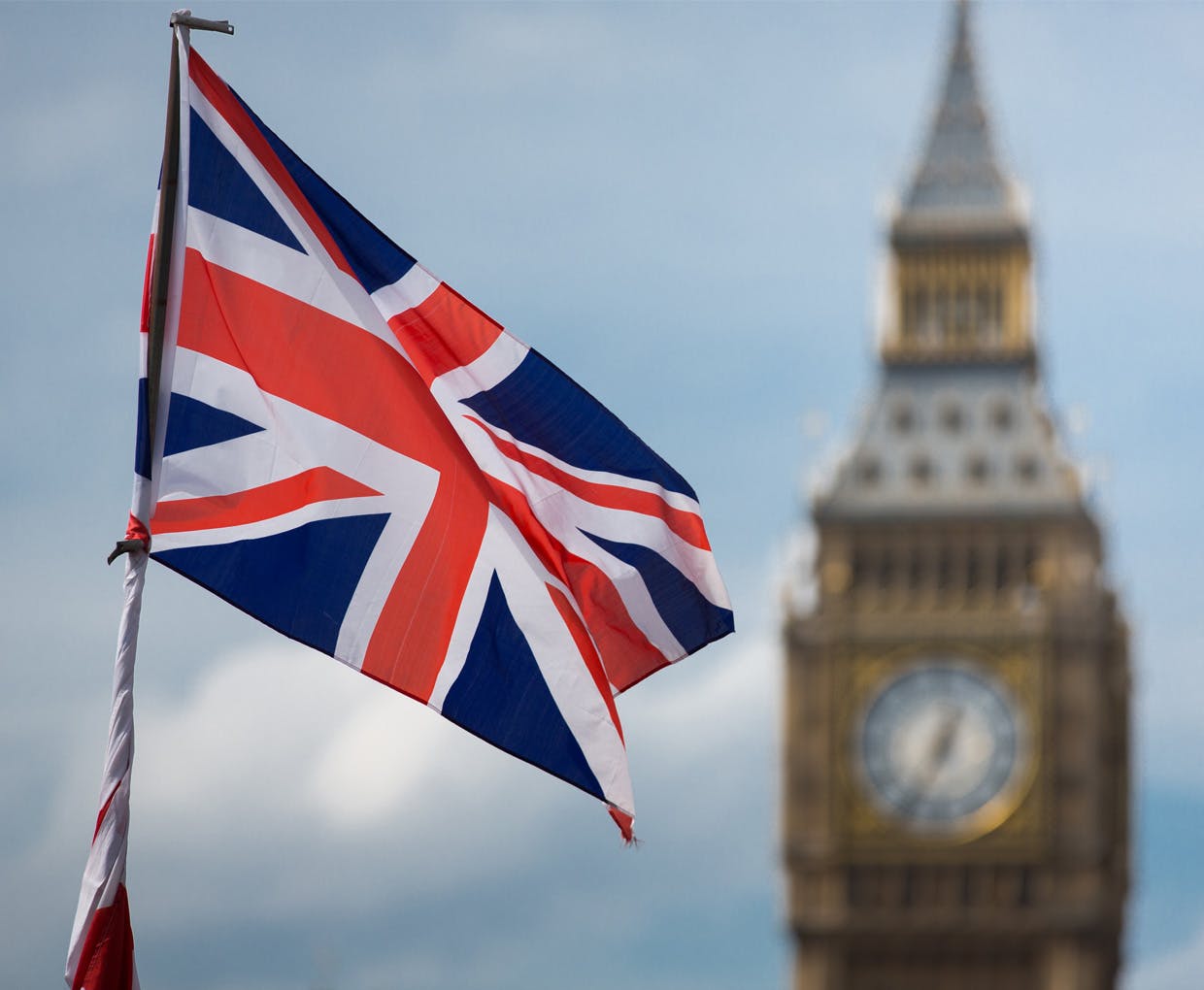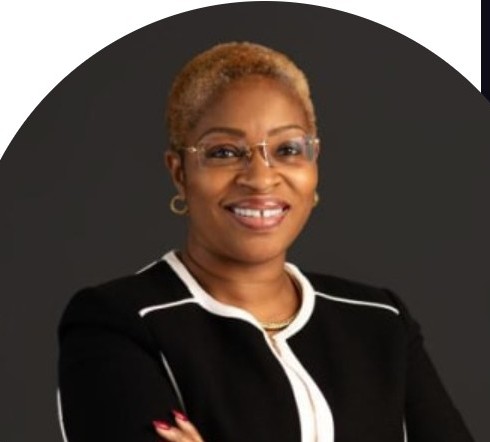By Oyinkansola Badejo-Okusanya
From July 2011 to May 2015, it was my honour to serve the government and people of Lagos State as General Counsel to His Excellency, Mr. Babatunde Raji Fashola, SAN CON, the Governor of Lagos State. As one of my tasks, I had the honour of being the Governor’s speechwriter, and early this morning, as the clock chimed midnight, ushering in yet another October 1, I found myself reflecting on how far we have come as a nation. “Does our progress reflect our age?”, I asked myself. I really don’t know. My thoughts then turned to 10 years ago and I remembered the Governor’s 54th Independence Day speech, the 1st draft of which I was privileged to pen. The Governor’s words on October 1, 2014, ring as true today as they did then and I thought it was worth sharing excerpts from his speech. Happy reading!
“…Today, October 1, 2014, we are once again celebrating the anniversary of our independence from British colonial rule. Today marks 54 years since Nigeria became an independent sovereign nation, following the germination of a seed that had been sown seven years earlier, when in 1953, Anthony Eromosele Enahoro introduced a private member’s bill demanding self-government. When the British “Union Jack” flag was lowered for the last time and the green-white-green Nigerian flag was hoisted in its stead, the crowd went wild with jubilation, filled with high expectations of a greater tomorrow.
We can only imagine the exultant joy felt by our first Prime Minister. Abubakar Tafawa Balewa, when he mounted the podium on October 1, 1960. In his first Independence Day Speech he said:-
“This is a wonderful day, and it is all the more wonderful because we have awaited it with increasing impatience, compelled to watch one country after another overtaking us… when we had so nearly reached our goal.”
Indeed he mirrored the views of millions of Nigerians and echoed their thoughts. Independence Day soon became easily the most significant day in our national life, accorded a pride of place that was difficult to surpass. Independence day became synonymous with sights of the President and the State Governors in open-top vehicles inspecting Guards of Honour, of beautiful parades, exciting fireworks and National Day Award ceremonies. October 1 also became the day on which political batons changed, and elected officials handed over to their successors. A day for inspiring speeches and sober reflection on our growth as a nation.
As a school boy, I remember struggling hard to get selected to march for my school in the National Day Parade, the endless rehearsals, and the keen anticipation of waiting to see if I would be picked. There was no prize given and none was expected. It was enough that your school had participated.
“Left, Right, Left, Right, Eeeyes Right!” And on the sidelines, children cheering us on with their own rhymes – “dem dey look una, make yanga, dem dey look una, make yanga, Left Right, Left Right!
Filled with excitement, we would add more ‘yanga’, trying hard, but not quite suceeding, to match the synchronisation of the armed forces. After it all, bursting with pride, those of us fortunate enough to have been selected to march for our school would milk our success for weeks afterwards, wearing our school uniform with pride, basking in the recognition as we went to and from school in public transportation and displaying a sense of superiority over our “less fortunate” schoolmates. Such was the depth of our civic pride.
Today, sadly, the excitement has waned. October 1 appears to have now become a hollow ritual and regrettably, no more than just another work and school-free day. The flame of our national pride seems to flicker. This is not how it should be.
What is the importance of a day like this? What does it mean to you? What should it mean to you? All over the world, Independence Day anniversaries are celebrated with great fanfare, splendour, respect for the nation and a deep sense of patriotism.bln some countries, festivities leading up to Independence Day start up to three weeks earlier. Some hold Independence Day beauty pageants; some re-enact their independence, others play the National Anthem on the dot of midnight on all radio and TV stations. All put country before self, at least for that day. We should not be any different.
In that historic Independence Day speech, Prime Minister Tafawa Balewa also said:
“Words cannot adequately express my joy and pride at being the Nigerian citizen privileged to accept from Her Royal Highness, these Constitutional Instruments which are the symbols of Nigeria’s independence. It is a unique privilege, which I shall remember forever, and it gives me strength and courage as I dedicate my life to the service of our country.”
Noble words indeed, and the words upon which the foundation of our nation was built. It seems to me that there is no better time to rekindle the flame of Nigeria’s promise than now. We should reflect on Prime Minister Tafawa Balewa’s words and re-dedicate ourselves to the service of Nigeria. In other words, we ought to see October 1 as a day to rekindle our national pride.
Let us patriotically reaffirm in our hearts that, Christian or Muslim, we are one nation under God; that North or South, we are one indivisible people; that whatever our political affiliations, we are all Nigerians, and that what binds us together far outweighs what little divides us.
We will yet attain those great lofty heights we sing so gustily about in the second stanza of our National Anthem. And I pray it will happen in my lifetime.
So help us God.”
Happy 64th Indepencence Day anniversary, dear colleagues. Please spare a prayer for Nigeria on her 64th birthday post independence. May God help us to build a nation where no man is oppressed so that with peace and plenty, Nigeria may be blessed. Amen.
Oyinkansola Badejo-Okusanya, FCIArb,
was General Counsel to the Governor of
Lagos State from July 2011 to May 2015.

 News6 years ago
News6 years ago
 Featured7 years ago
Featured7 years ago
 Boss Picks6 years ago
Boss Picks6 years ago
 Headline6 years ago
Headline6 years ago
 Headline6 years ago
Headline6 years ago
 Headline6 years ago
Headline6 years ago
 Headline6 years ago
Headline6 years ago
 Headline6 years ago
Headline6 years ago













